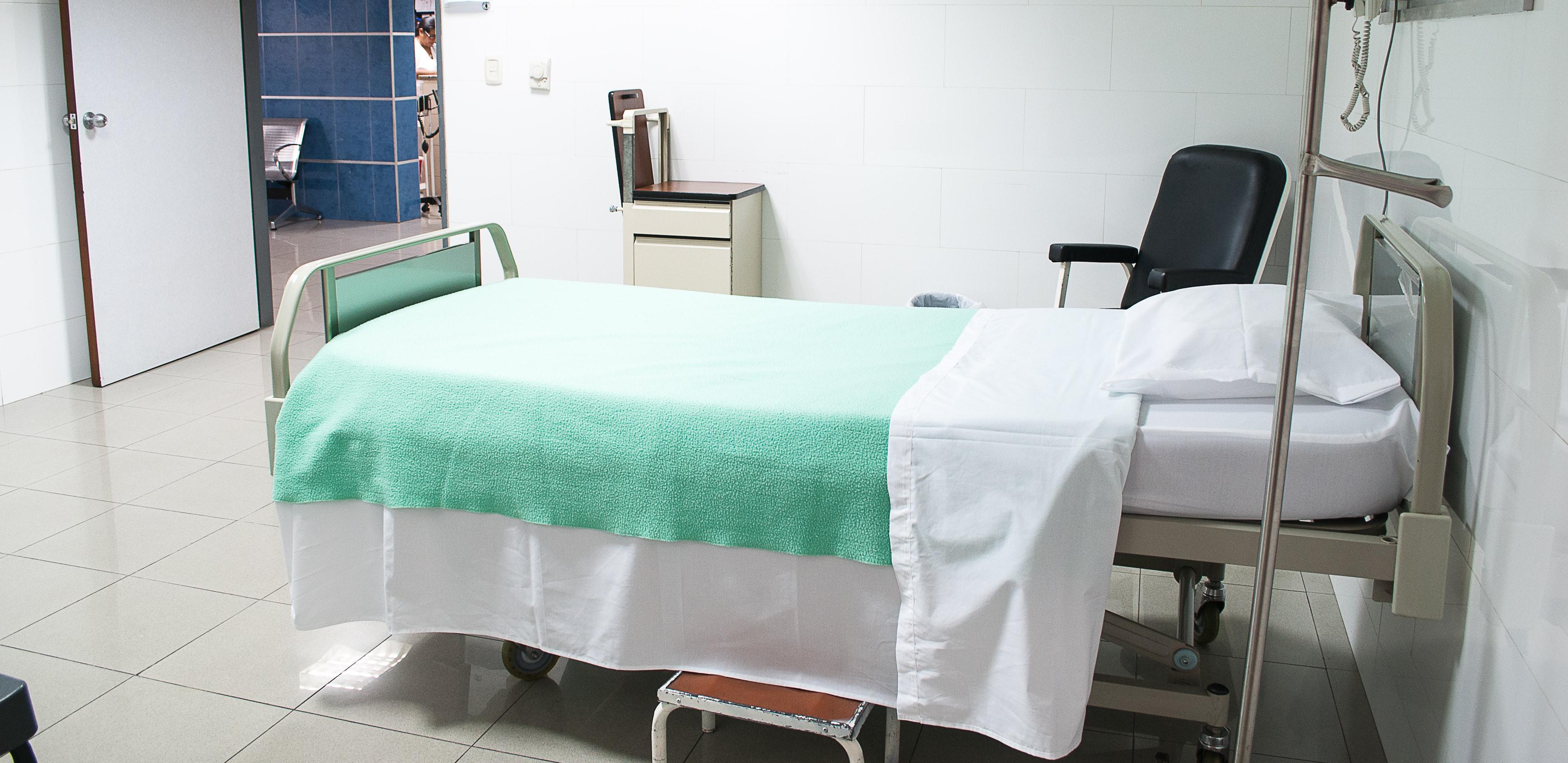
COVID-19 Exposes the Critical Importance of Patient Rehabilitation
Working with medical and nursing colleagues, the therapy services team at the Royal Free London NHS Foundation Trust in central London is at the front line in caring for patients with COVID-19.
The COVID-19 pandemic has overwhelmed health systems across countries in the WHO European Region regardless of income. Frontline health workers, including rehabilitation professionals, have been at the forefront of the response and, as for many other frontline workers, there are cases where their work has sadly cost them their lives to COVID-19.
“For COVID-19 patients, the initial respiratory physiotherapy priority is to keep the airway clear and unobstructed of sputum to enable sufficient oxygen to the lungs. This protection is key in trying to prevent patients from needing ventilation and a worsening of their condition,” said Suzanne Murray, lead for the critical care rehabilitation team at the Royal Free London NHS Foundation Trust. To provide this service as required, respiratory physiotherapists are on call 24/7 for emergency treatments.
Increasing demand for rehabilitation therapy
There is a substantial and ever-increasing unmet need for rehabilitation worldwide which is particularly profound in low- and middle-income countries. This unmet need has been exacerbated by the pandemic with many services shutting down to reduce the spread of the virus and due to a lack of human resources, particularly in places that previously had sparse service provision and poor access. WHO/Europe is developing guidance to support and advise rehabilitation professionals throughout the pandemic.
General rehabilitation services have been re-prioritized to reduce COVID-19 exposure risk to patients and staff while ensuring that the highest standards of care and safety are maintained during this exceptional period. In anticipation of the increased demand for therapy services, due to the growing numbers of COVID-19 patients needing therapy input, actions have been taken to increase capacity by cancelling non-essential work and emphasizing multi-disciplinary teamwork and open, frequent communication between teams and team leaders.
Building patient strength and stamina
Rehabilitation therapists have received extended infection control training for COVID-19 and are updating themselves with the latest evidence-based clinical practice. “Due to the nature of our clinical work, we anticipate that respiratory physiotherapy and functional rehabilitation will play a vital role in helping to tackle this crisis,” said Ms Murray.
For patients who remain very unwell and sedentary for a prolonged period, such as those in intensive care, additional therapy interventions alongside respiratory physiotherapy are required. Stretching and strengthening exercises are needed to prevent patients from acquiring joint stiffness and muscle weakness which would delay their recovery and discharge home.
“We see that critically ill patients can become physically weakened quickly and quite severely, so therapy input is already proving vital,” said Ms Murray. Patients often start their rehabilitation programme needing assistance with the most basic therapy activities, such as requiring the physical help of 2 therapists to even just sit up for a couple of minutes or attempt to stand with the support of an assistive product.
As a patient’s respiratory symptoms improve and as they come off ventilatory support, functional rehabilitation picks up pace with inputs from the entire multi-disciplinary therapy team, which may include occupational therapists, physiotherapists, speech and language therapists and dieticians. The goal is to return patients to their previous level of function and with an ability to be independent again. This process can take weeks or even months.
As the pandemic continues, the therapy rehabilitation caseload is expected to grow with the increased number of survivors, all of whom have a long journey of recovery and rehabilitation ahead of them. Some patients may require assistive products, such as walking frames, so they can slowly start completing more functional tasks, such as addressing their personal care needs as they near discharge.
“For many of these patients, rehabilitation to regain function and independence will continue after discharge from a hospital, with the collaborative support of social, community care and rehabilitation services,” said Ms Murray.
During this challenging period, staff well-being is a key priority so they can continue their vital work treating patients. Staff have put in place infection prevention and control procedures to protect themselves and their families and have been advised to report and act if they feel unwell. “Many of my therapy staff colleagues who are treating COVID-19 patients are staying away from their families to protect them,” added Ms Murray. The rehabilitation therapy teams are strictly following guidelines set by local authorities, the UK government and WHO/Europe and are, of course, supporting each other to keep up morale.